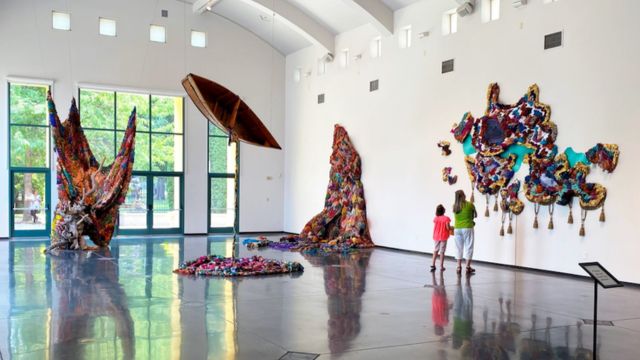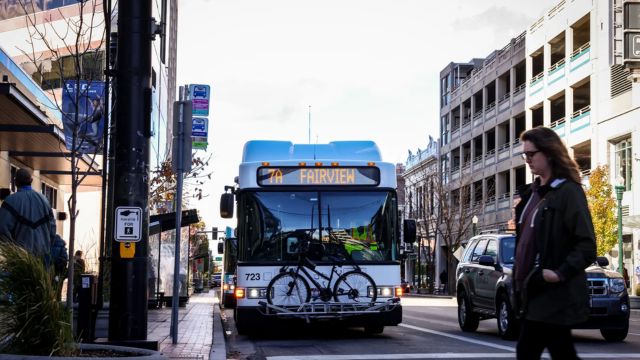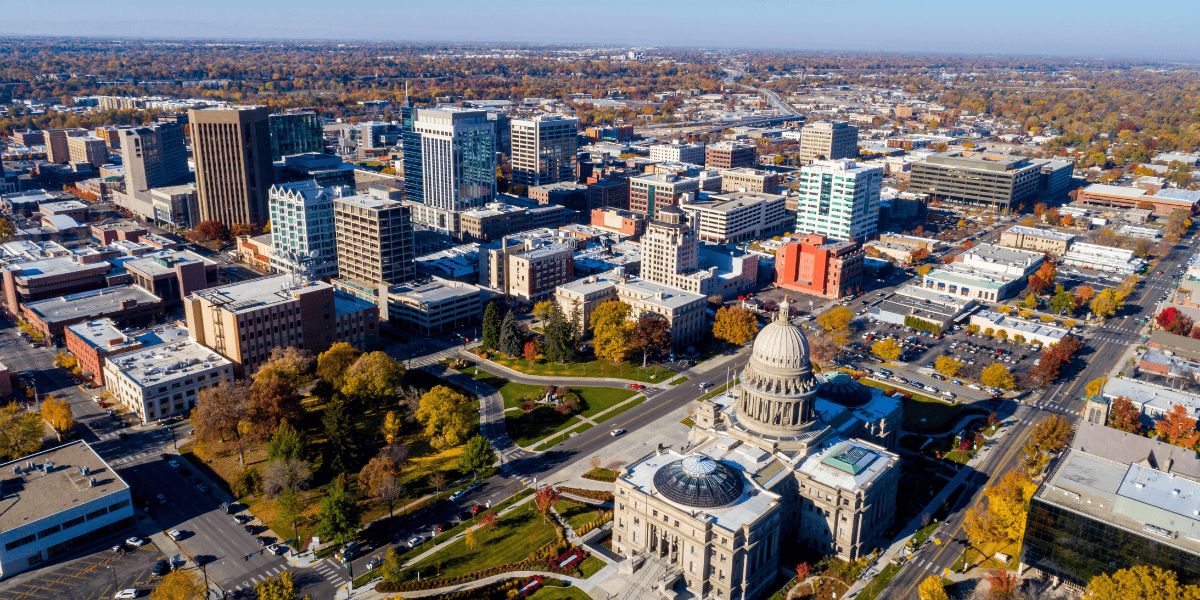Boise, Idaho, a city that skillfully combines the harsh outdoors with urban sophistication, has emerged as a destination for people looking for a well-rounded way of life. Boise, the state capital of Idaho, provides a special blend of access to the natural world, economic opportunity, and cultural vibrancy.
We’ll look at all the facets of living in Boise, from the many outdoor activities and reasonably priced cost of living to the difficulties brought on by the city’s rapid population expansion and harsh weather.
Regardless of your reason for choosing Boise—the city’s close-knit community or its promising economy—this post attempts to give you all the information you need to make an informed choice.
Pros
Availability of Outdoor Activities
Popular activities on the Ridge to Rivers trail system include biking and hiking, and on the Boise River, kayaking and fishing are popular. Because of the city’s close proximity to Bogus Basin, inhabitants have convenient access to winter sports like snowboarding and skiing. There are also miles of beautiful routes for biking and walking along the vast greenbelt along the river.
Lively Downtown Region
The downtown section of Boise is a hive of activity that provides a variety of dining, shopping, and cultural events. The downtown area is made more charming by cultural landmarks like the Idaho State Capitol, the Boise Art Museum, and numerous theaters.

Minimal Risk of Natural Disasters
The lack of hurricanes, tornadoes, or large earthquakes in the city can provide those who are afraid of natural disasters with peace of mind. Because of its stability, Boise is a desirable place to reside for people who want to escape the stress and the risks of living in higher-risk areas.
Read Also: Live Large on a Budget: Your Guide to Affordable LA Neighborhoods
Cons
Rising Living Expenses
Living expenses have increased in tandem with Boise’s increasing popularity. True enough, Boise has 5% more expensive living expenses than the US as a whole. Furthermore, there have been notable hikes in both rent and housing prices.
There is a $100,000 difference between the national average and median home sale prices. Even though Boise still has a cheaper cost of living than some larger cities, recent developments have made it more uncertain what the city will cost in the future.
Read Also: Dreaming of Retirement in Hawaii? Explore These 5 Affordable Island Gems
Few Choices for Public Transportation
Public transportation routes and frequencies may not be sufficient for all individuals, especially those who live outside of the downtown area, as indicated by the Transit Score of 23.

This might make it difficult for people without cars to get around the city effectively. The use of personal vehicles is a contributing factor to parking issues and traffic jams in Boise’s busier neighborhoods.
Concerns About Air Quality
Boise occasionally has poor air quality despite its stunning natural surroundings. Particularly in the summer, when smoke from nearby wildfires can infiltrate the city.
This may make the beautiful sights less visible and perhaps dangerous for your health, particularly if you have respiratory problems.
Wintertime inversions have the ability to trap contaminants close to the ground. This results in times when the city’s normally fresh and clean atmosphere is drastically contrasted with periods of poor air quality.
Read Also: Quality Care: 5 Best Arizona Towns for Affordable Retirement and Healthcare
To Conclude
The outdoor activities, cultural attractions, and thriving economy that Boise has to offer are intriguing. Yet, issues like soaring housing costs and congested public transit accompany its growing popularity.
Despite sporadic problems with air quality, Boise is a strong candidate for people looking for a well-rounded lifestyle because of its general stability and cheaper cost of living when compared to bigger cities.
Your priorities and ability to put up with Boise’s developing pains will ultimately determine whether or not it’s the perfect place for you.












Leave a Reply